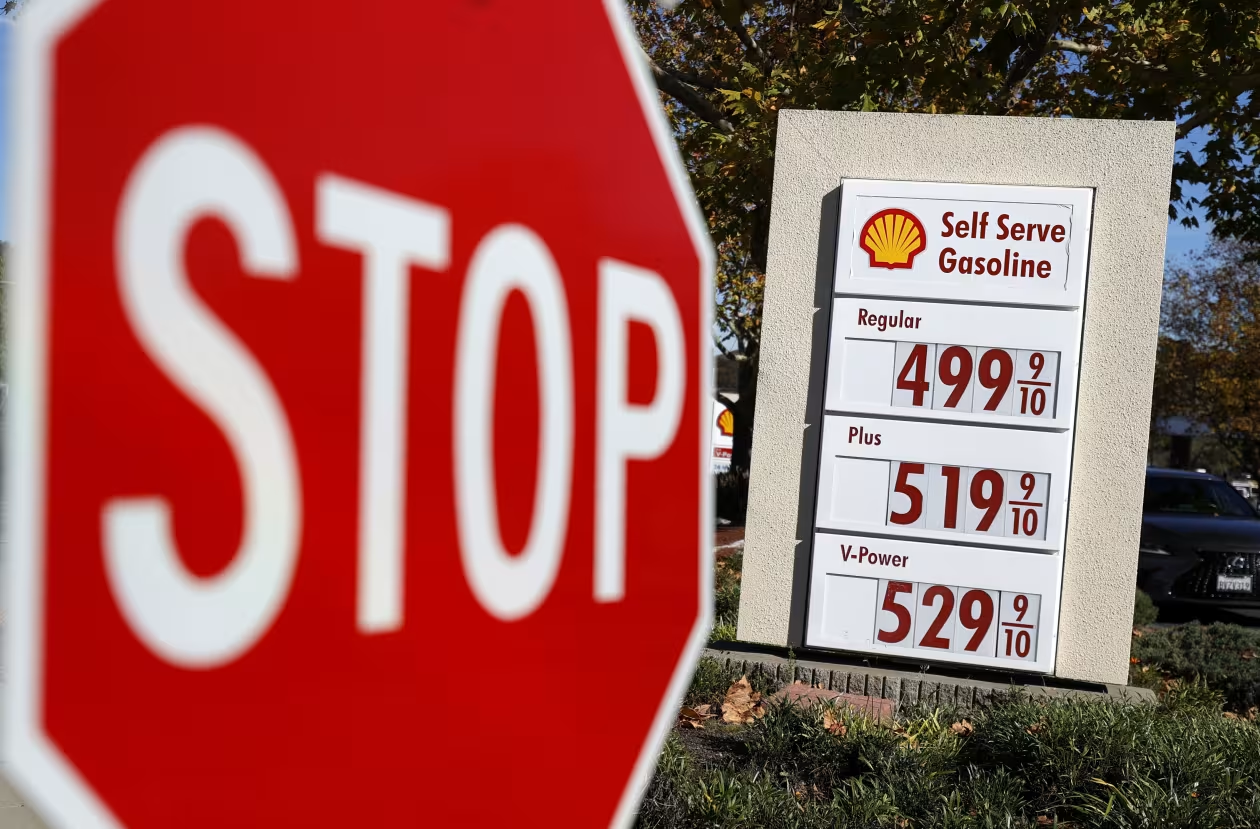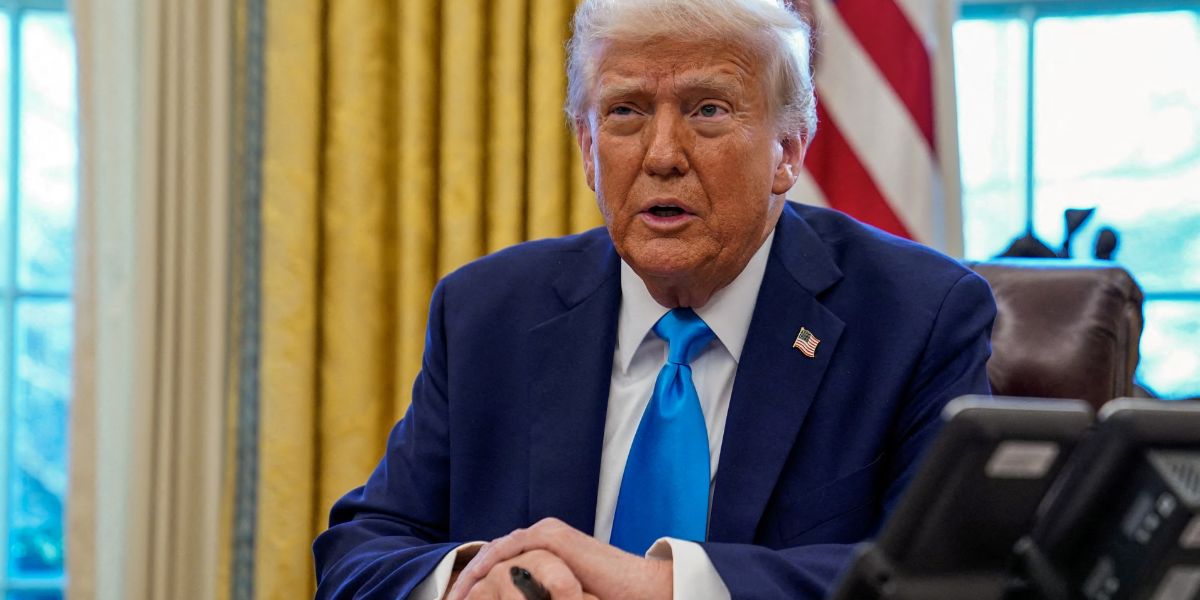With President Joe Biden’s unexpected decision to exit the 2024 presidential race, many are wondering how this move might influence gasoline prices, especially with summer coming to an end. The news has shifted the dynamics of the presidential race, but experts suggest that, for now, gas prices are unlikely to experience significant changes.
Patrick De Haan, the head of petroleum analysis at GasBuddy, stated to MarketWatch that Biden’s withdrawal does not immediately affect gas prices. The potential future impact depends on who the Democrats nominate and their policies. If Vice President Kamala Harris becomes the Democratic nominee, there might be changes in energy policies that could eventually influence gas prices.
Currently, De Haan notes that if the Democrats win in November, they might adopt a more restrictive stance on oil production, which could keep gas prices slightly higher. On the other hand, if former President Donald Trump wins, he is likely to support fewer restrictions on drilling and environmental regulations. This approach might ease some pressure on gas prices.
However, De Haan points out that regardless of who wins the presidency, a U.S. president cannot directly control oil production levels, unlike state-owned foreign oil companies. This means that even with a change in administration, the ability to influence gas prices remains limited.
Recent data shows that West Texas Intermediate crude futures dropped slightly on Monday, with the September contract ending at $78.40 per barrel. While oil prices have decreased recently, they have generally risen over the year. Despite these fluctuations, the immediate impact on gas prices from Biden’s departure is expected to be minimal.
Kenny Zhu, an income research analyst at Global X ETFs, explains that influencing U.S. gasoline markets requires a lot of time and effort. New energy projects take years to develop and are subject to extensive planning and negotiations before they impact consumers. Therefore, any significant changes in gas prices due to presidential policies would likely be delayed.
De Haan also highlighted that gas prices during election years have varied widely. One factor that could influence future prices is the candidates’ policies on electric vehicles (EVs). While EV policies could shift the balance of supply and demand, there is still much uncertainty.
As of Monday, the average price for regular unleaded gas was $3.466 per gallon, according to GasBuddy. This price remains stable compared to last week and last month, and is only slightly lower than a year ago.
Also Read:
- Arizona Secretary of State Confirms There’s Time to Update Ballot After Biden’s Withdrawal
- Kate Gallego Endorses Kamala Harris: What Biden’s Exit Means for the 2024 Election
At Global X, Zhu notes that gasoline demand and prices are primarily influenced by market fundamentals rather than political developments. With summer driving season winding down, an increase in gasoline supplies could put some downward pressure on pump prices. Consumers should pay attention to economic growth and interest rates, as these factors are likely to have a more significant impact on oil and gasoline consumption patterns.




